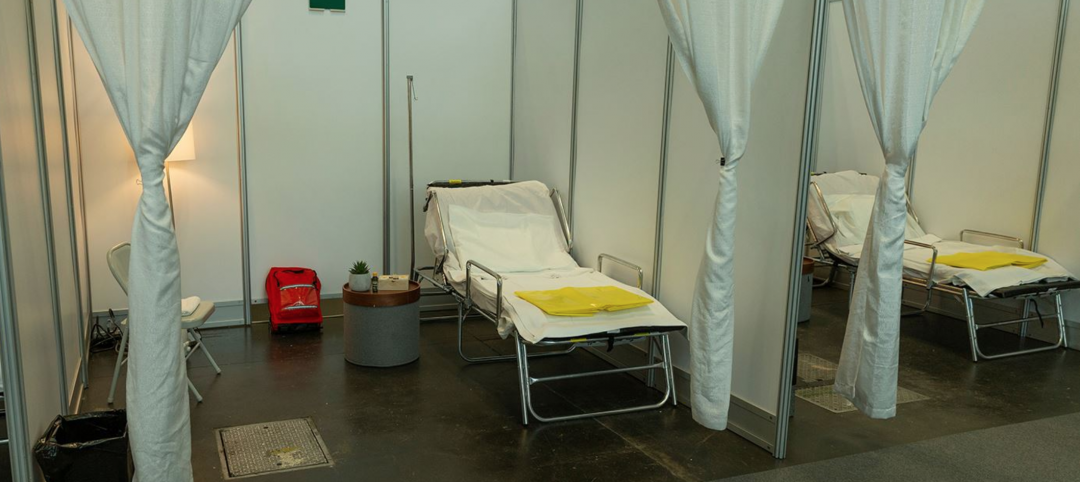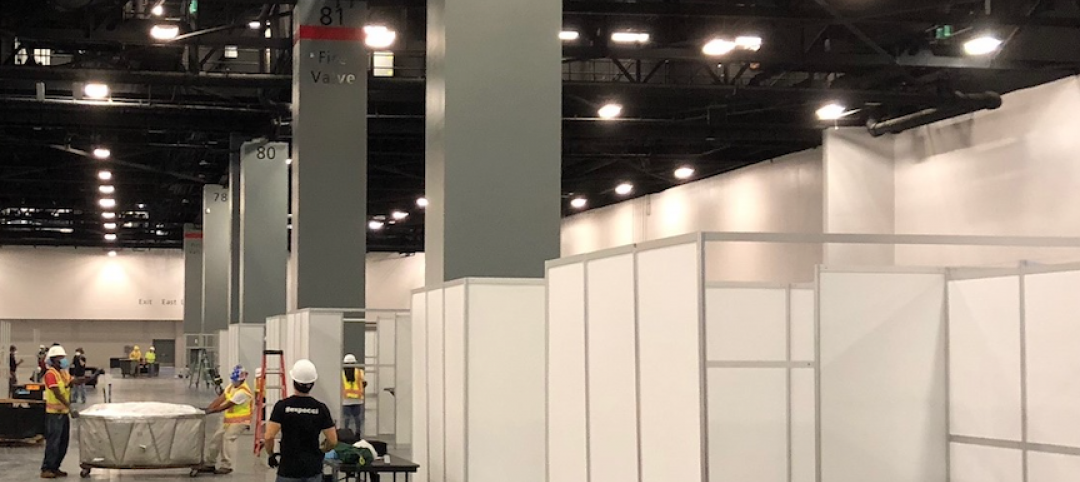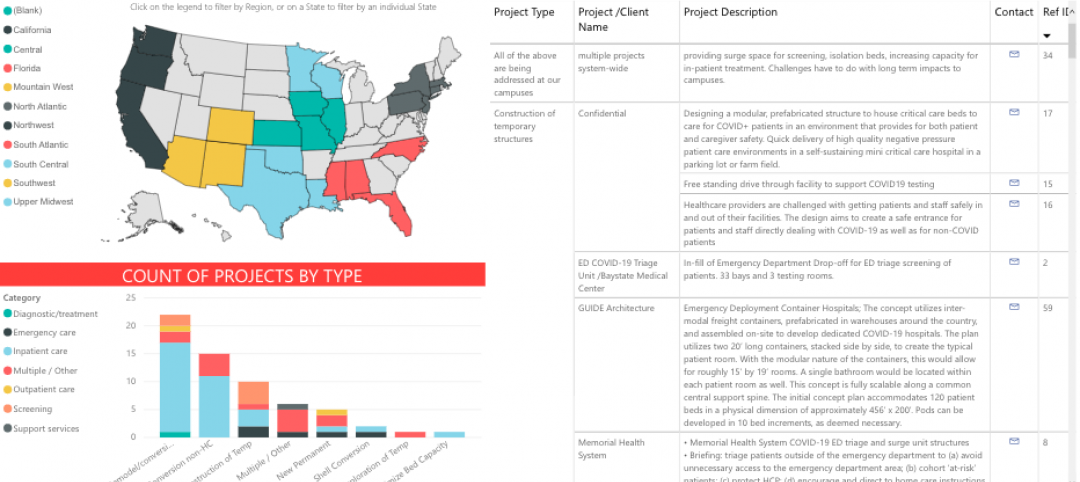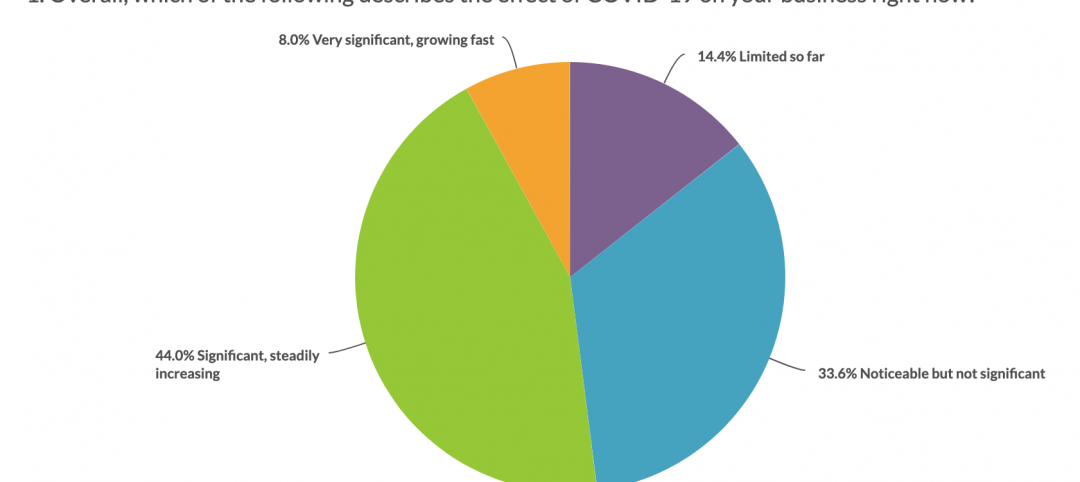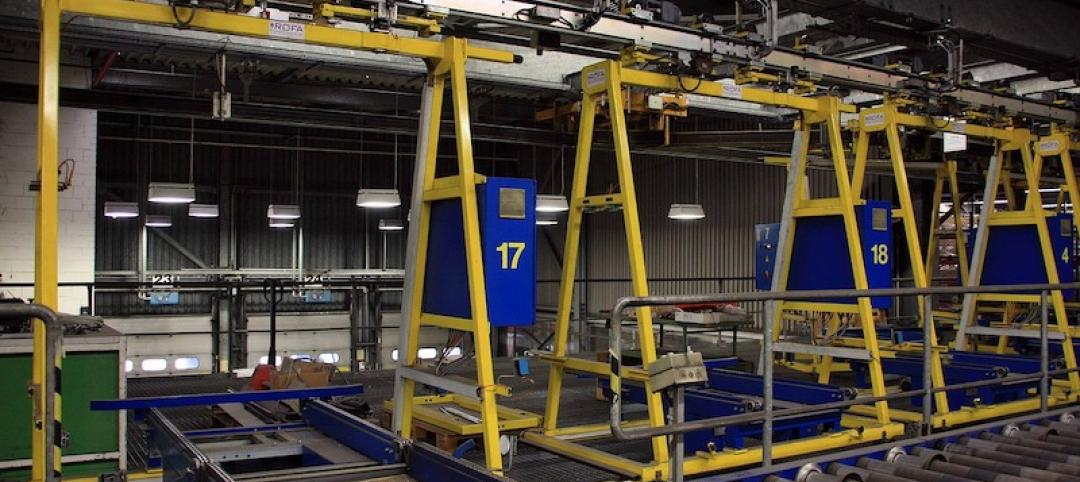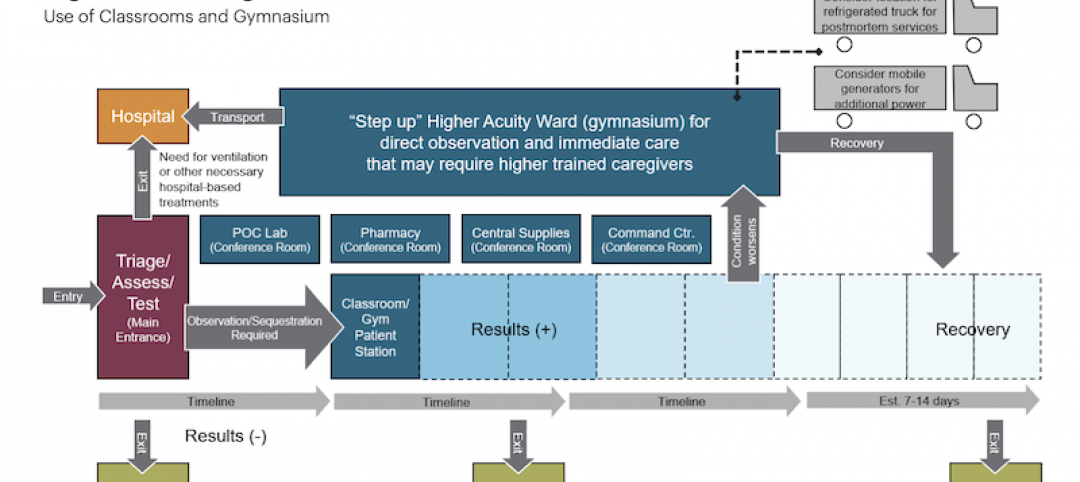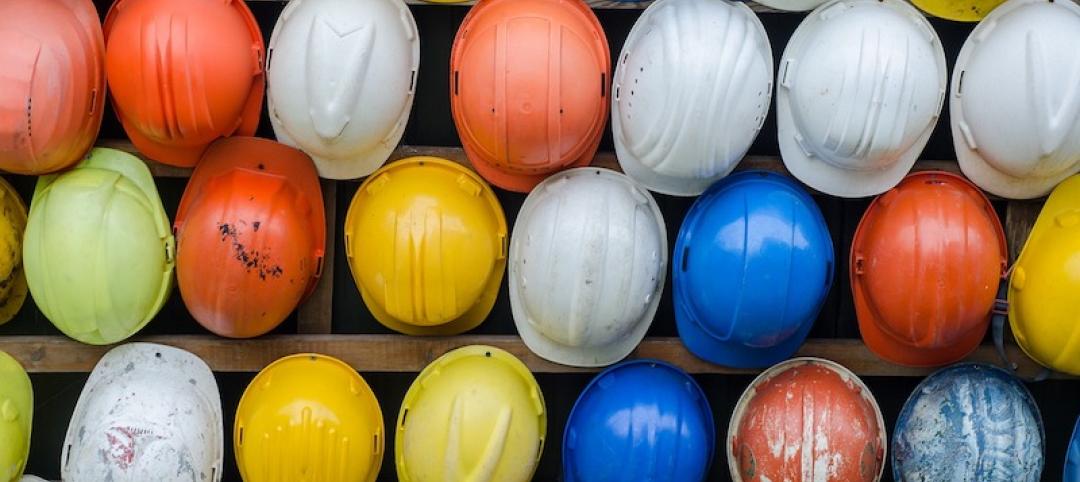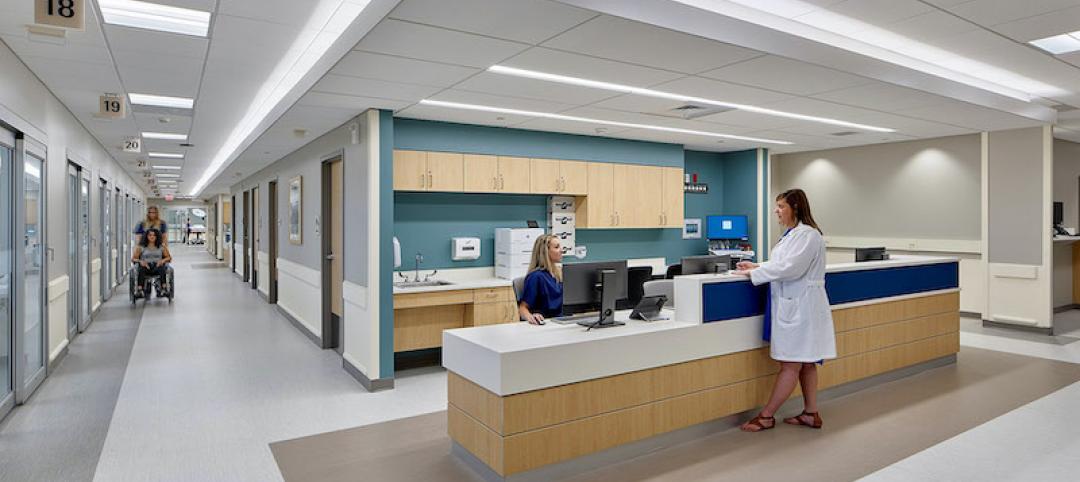Earlier this week, Ashraf Fahmy, CallisonRTKL’s new Chief Financial Officer, was up till midnight going over project proposals with his firm’s team in China.
Despite the spread of the novel coronavirus worldwide, CallisonRTKL—which operates seven of its 21 offices outside of the United States—has seen an uptick in business lately from China and the Middle East, and from the healthcare sector in the U.S.
The firm, a subsidiary of Arcadis NV, is in the midst of implementing an operating model to improve profitability, whose priority is strengthening business development, client engagement, and talent investment. Last year, CallisonRTKL’s gross revenue was flat at 301 million British pounds (US$399 million), its net revenue was up 1% to £222 million, and its cash flow was off 3% to £16.7 million.
Fahmy asserts the company is in good shape financially, with a “strong” balance sheet. Its agenda, he says, continues to be to expand its global footprint. “That hasn’t changed, and the virus has brought it to the forefront.”
He elaborates that CRTKL is leveraging its global network of offices “and our expansive resources.” This model allows CRTKL professionals to work effortlessly across the firm as a platform and allows its partners to connect at any intersection.
CallisonRTKL lately is refocusing its resources on markets and sectors that are recovering or have remained strong. Fahmy points out that CallisonRTKL’s offices have multiple practices, which they can switch into as demand warrants.
Fahmy previously worked for CHA Consulting, a small engineering consultant, where he was Senior Vice President of Finance; and for Amec Foster Wheeler, where he was CFO. He says he joined CallisonRTKL because of its practice diversification, its geographic reach, and its “dynamic” senior management team led by president/CEO Kelly Farrell, who was hired in 2018. “Our management is not afraid of making decisions,” he says.
To stay ahead of the coronavirus’ impact on the construction industry, CallisonRTKL’s “No. 1 priority,” says Fahmy, is to provide services to its clients across the globe. While its employees are all working from home at the moment, “we’ve never lost communication with our clients,” even when that’s meant providing services in China with “minimum exposure” to its associates.
One of CallisonRTKL’s major business sectors is retail, which the virus’ spread has destabilized. Fahmy couldn’t say what retail’s future might be as a result. The same is true of hospitality.
That being said, CallisonRTKL, says Fahmy, is working on a solutions that include converting hotels and convention centers into temporary healthcare facilities. Other initiatives revolve around wellbeing in hospitals and offices, resilience and sustainability, mobility, and “human centric” design. “These are the four pillars of all of our practices,” he says
Related Stories
Coronavirus | Apr 10, 2020
COVID-19: Converting existing hospitals, hotels, convention centers, and other alternate care sites for coronavirus patients
COVID-19: Converting existing unused or underused hospitals, hotels, convention centers, and other alternate care sites for coronavirus patients
Coronavirus | Apr 9, 2020
COVID-19 Design Innovation Grant: IDA offers $14,000 to spur design innovation for combating the coronavirus pandemic
The International Design Awards is looking for innovations in low-cost ventilators, in-home isolation pods, and reusable masks.
Coronavirus | Apr 9, 2020
COVID-19 alert: Robins & Morton to convert Miami Beach Convention Center into a 450-bed field hospital
COVID-19 alert: Robins & Morton to convert Miami Beach Convention Center into a 450-bed field hospital
Coronavirus | Apr 8, 2020
AIA task force launches tool for assessing COVID-19 alternative care sites
The tool is intended to assist non-healthcare design professionals with identifying alternative sites suitable for patient care.
Coronavirus | Apr 8, 2020
COVID-19 alert: Most U.S. roofing contractors hit by coronavirus, says NRCA
NRCA survey shows 52% of roofing contractor said COVID-19 pandemic was having a significant or very significant impact on their businesses.
Coronavirus | Apr 8, 2020
Navigate supply chain and manufacturing challenges during disruption
First, most important and most complex: Create an extensive safety plan for your facilities and job sites that protects both the personnel onsite and the end users of your product.
Coronavirus | Apr 7, 2020
How to turn a high school into a patient care center in 15 days
HKS’s concept paper presents three scenarios.
Coronavirus | Apr 7, 2020
New Trump administration guidance now allows firms with 500 of fewer employees to qualify for paycheck protection program loans
Associated General Contractors of America secures fix to loan qualifications after alerting administration officials to small business administration language that excluded many firms.
Coronavirus | Apr 6, 2020
New small business administration loan guidance appears to exclude many construction firms that employ fewer than 500 people
Construction officials urge agency to make clear that firms that employ 500 or fewer people to qualify for paycheck protection program loans, regardless of revenue.
Coronavirus | Apr 6, 2020
Pandemic preparedness: How hospitals can adapt buildings to address worst-case scenarios
A Canadian healthcare architect looks at how hospital staff can act now to modify facilities and contain a pandemic.



